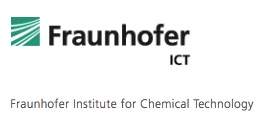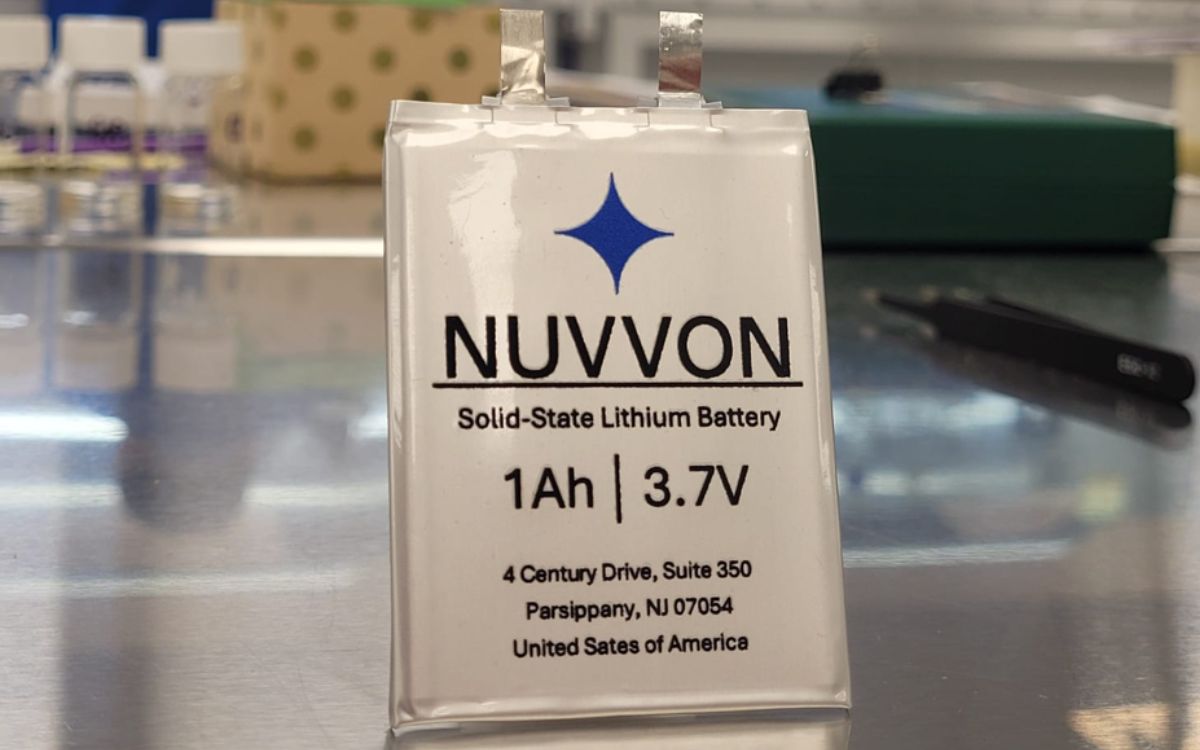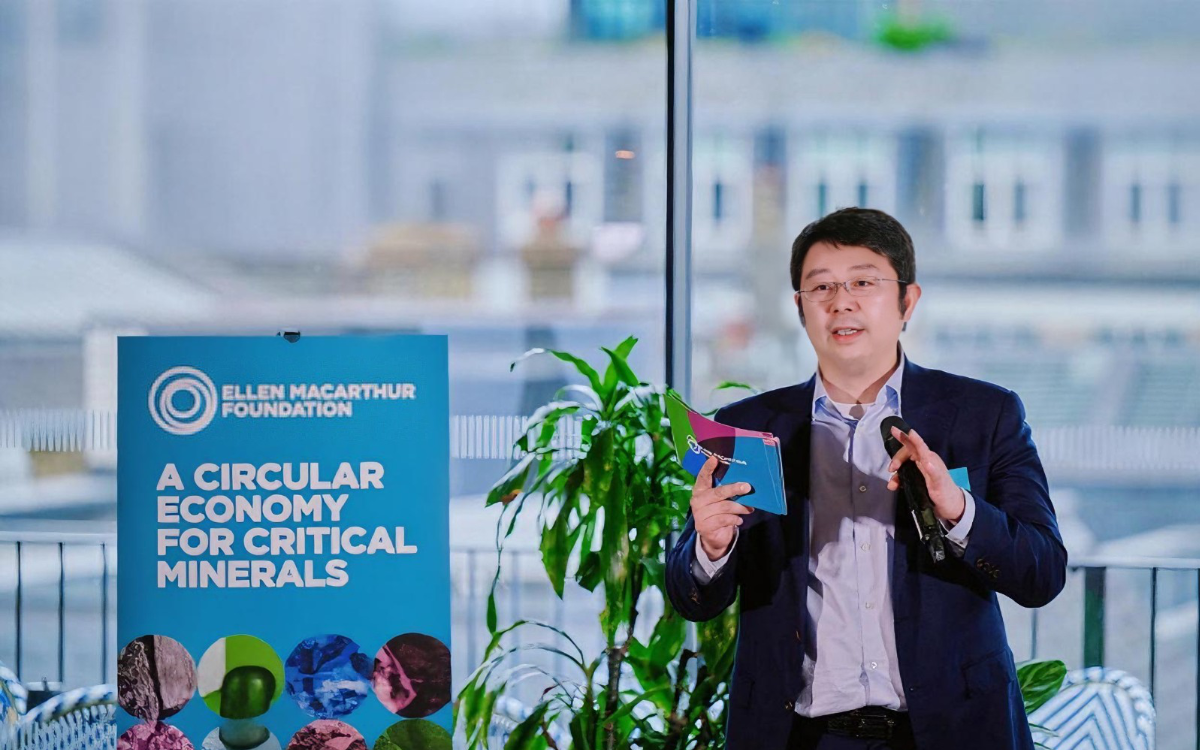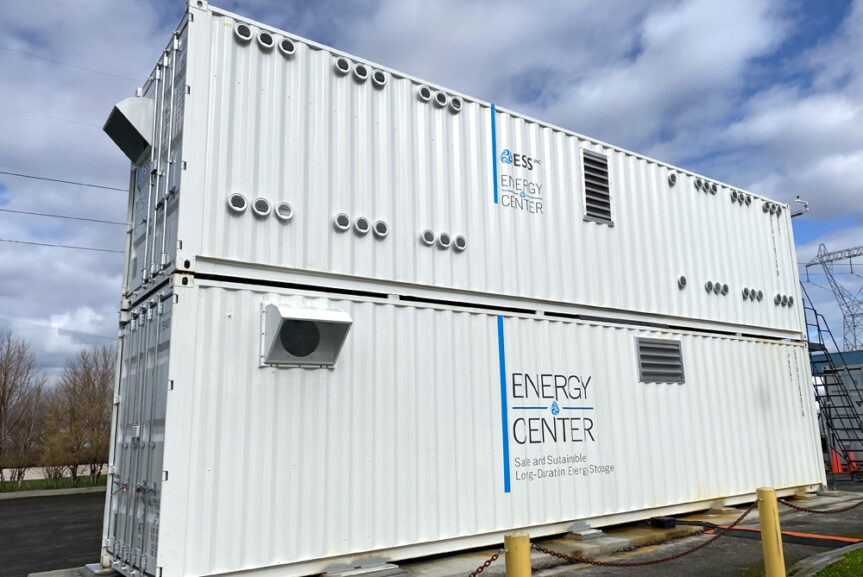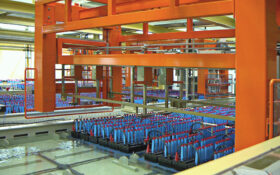A European Union-backed research project to develop materials for next-generation redox-flow battery systems has been launched in Germany.
The Fraunhofer Institute for Chemical Technology (FICT) is coordinating the ‘FlowCamp’ project, launched towards the end of last month, to develop materials for three next-generation redox-flow battery systems— hydrogen-bromine, aqueous organic and zinc-air flow battery systems.
Fifteen “outstanding” international PhD students, destined to be among the next generation of top European scientists, will be selected to join the project’s team in 2018.
FICT said the team will conduct simulation and modelling “to guide the development and increase power output” of redox-flow systems.
Prototypes arising from the project will be tested at the German-government backed pilot ‘RedoxWind’ facility, which is being developed at FICT’s site near Karlsruhe in southwest Germany. The facility has been designed for a redox-flow large battery store to be directly coupled to the DC circuit of a wind turbine.
“Redox-flow batteries are efficient (>75%), safe and have a longer service life than conventional batteries such as lithium-ion,” FICT said. “Different combinations of electrolytes offer a range of advantages in terms of higher power or capacity and environmental compatibility. However, to fully exploit the possibilities, research is needed into materials (membranes, electrodes, electrolytes, catalysts and sealing materials) for the new battery systems.”
FlowCamp, which will run until August 2021, will “combine multiple disciplines”— including electrochemistry, material science and engineering/system design— “essential to developing optimal battery systems and of which few researchers presently have the necessary overview”, FICT said.
FlowCamp will prepare the students joining the project “for their future careers in the expanding field of energy storage”, FICT said. “They will gain a unique skills set through theoretical and practical work covering every aspect of system development, as well as training in transferable skills such as project management.”
FlowCamp is funded by the European Union’s Marie-Sklodowska-Curie programme, which is supported by industrial and academic partners from Germany, the Netherlands, Israel, Hungary, France, Luxembourg, Switzerland and the Czech Republic.
FICT is one of more than 67 German institutes and research that make up the Munich-based Fraunhofer-Gesellschaft— the largest applied research organisation in Europe.
Earlier this year, German utility EWE Gasspeicher unveiled proposals to build “the world’s largest redox flow battery” in the country’s underground former salt mines.

